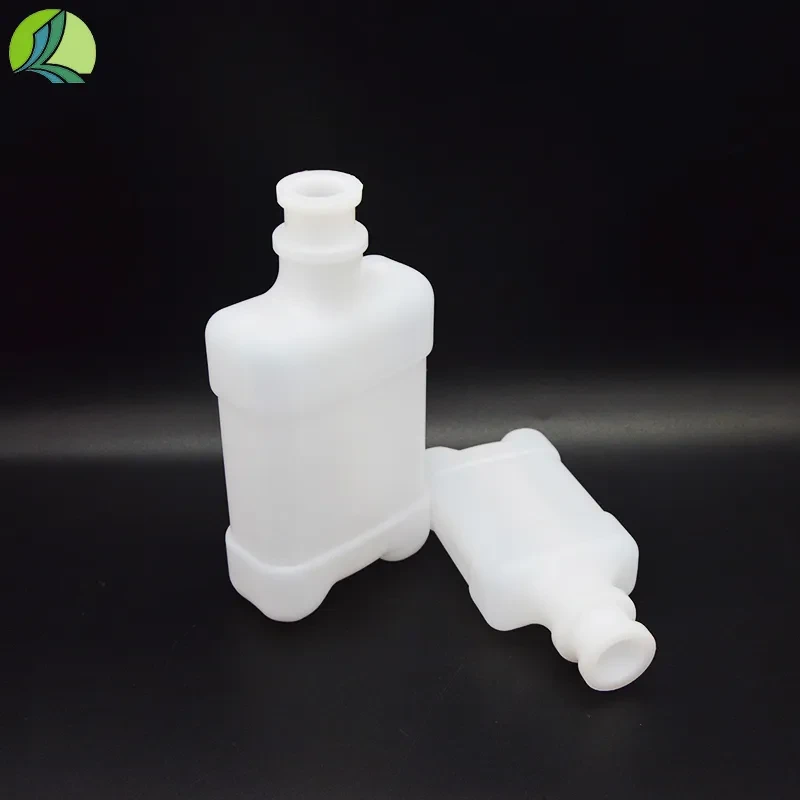
-
 Afrikaans
Afrikaans -
 Albanian
Albanian -
 Amharic
Amharic -
 Arabic
Arabic -
 Armenian
Armenian -
 Azerbaijani
Azerbaijani -
 Basque
Basque -
 Belarusian
Belarusian -
 Bengali
Bengali -
 Bosnian
Bosnian -
 Bulgarian
Bulgarian -
 Catalan
Catalan -
 Cebuano
Cebuano -
 Corsican
Corsican -
 Croatian
Croatian -
 Czech
Czech -
 Danish
Danish -
 Dutch
Dutch -
 English
English -
 Esperanto
Esperanto -
 Estonian
Estonian -
 Finnish
Finnish -
 French
French -
 Frisian
Frisian -
 Galician
Galician -
 Georgian
Georgian -
 German
German -
 Greek
Greek -
 Gujarati
Gujarati -
 Haitian Creole
Haitian Creole -
 hausa
hausa -
 hawaiian
hawaiian -
 Hebrew
Hebrew -
 Hindi
Hindi -
 Miao
Miao -
 Hungarian
Hungarian -
 Icelandic
Icelandic -
 igbo
igbo -
 Indonesian
Indonesian -
 irish
irish -
 Italian
Italian -
 Japanese
Japanese -
 Javanese
Javanese -
 Kannada
Kannada -
 kazakh
kazakh -
 Khmer
Khmer -
 Rwandese
Rwandese -
 Korean
Korean -
 Kurdish
Kurdish -
 Kyrgyz
Kyrgyz -
 Lao
Lao -
 Latin
Latin -
 Latvian
Latvian -
 Lithuanian
Lithuanian -
 Luxembourgish
Luxembourgish -
 Macedonian
Macedonian -
 Malgashi
Malgashi -
 Malay
Malay -
 Malayalam
Malayalam -
 Maltese
Maltese -
 Maori
Maori -
 Marathi
Marathi -
 Mongolian
Mongolian -
 Myanmar
Myanmar -
 Nepali
Nepali -
 Norwegian
Norwegian -
 Norwegian
Norwegian -
 Occitan
Occitan -
 Pashto
Pashto -
 Persian
Persian -
 Polish
Polish -
 Portuguese
Portuguese -
 Punjabi
Punjabi -
 Romanian
Romanian -
 Russian
Russian -
 Samoan
Samoan -
 Scottish Gaelic
Scottish Gaelic -
 Serbian
Serbian -
 Sesotho
Sesotho -
 Shona
Shona -
 Sindhi
Sindhi -
 Sinhala
Sinhala -
 Slovak
Slovak -
 Slovenian
Slovenian -
 Somali
Somali -
 Spanish
Spanish -
 Sundanese
Sundanese -
 Swahili
Swahili -
 Swedish
Swedish -
 Tagalog
Tagalog -
 Tajik
Tajik -
 Tamil
Tamil -
 Tatar
Tatar -
 Telugu
Telugu -
 Thai
Thai -
 Turkish
Turkish -
 Turkmen
Turkmen -
 Ukrainian
Ukrainian -
 Urdu
Urdu -
 Uighur
Uighur -
 Uzbek
Uzbek -
 Vietnamese
Vietnamese -
 Welsh
Welsh -
 Bantu
Bantu -
 Yiddish
Yiddish -
 Yoruba
Yoruba -
 Zulu
Zulu
50 ml centrifuge tubes round bottom
Understanding 50 ml Centrifuge Tubes with Round Bottoms
Centrifuge tubes are essential tools in laboratories that deal with various biological applications, chemical experiments, and research procedures. Among the numerous types available, the 50 ml centrifuge tubes with round bottoms stand out due to their unique design and versatile functionality.
Design Features
The distinctive round bottom of the 50 ml centrifuge tube facilitates optimal sample retrieval and highly efficient sedimentation. Unlike flat-bottom tubes, the round design allows for the uniform distribution of centrifugal forces, ensuring that the sample is evenly concentrated at the bottom. This feature is particularly beneficial for applications involving cell pelleting, where precise and uniform separation is crucial.
The tubes are typically made from high-quality, non-toxic polypropylene, making them resistant to various chemicals and suitable for a wide range of applications. Their clarity permits easy visual inspection of contents, and many come with graduated markings, allowing for accurate measurement and dilution of samples.
Applications
50 ml centrifuge tubes round bottom

50 ml centrifuge tubes with round bottoms are widely used in molecular biology, biochemistry, and clinical labs. They are ideal for preparing cell suspensions, separating cellular components, and storing reagents. Their capacity makes them suitable for both large sample volumes and high-throughput processing, which is essential in modern laboratories that demand efficiency and speed.
Researchers often utilize these tubes for DNA, RNA, and protein extractions, as they can withstand the forces exerted during high-speed centrifugation without deforming or breaking. Furthermore, they can be temperature-stable, allowing for storage at various temperatures, which is critical in sensitive experimental protocols.
Safety and Handling
Handling 50 ml centrifuge tubes requires adhering to safety guidelines to prevent contamination and ensure sample integrity. It is recommended to use gloves and protective eyewear when working with biological materials. Additionally, proper sealing of the tubes is crucial to prevent leaks during centrifugation, which could lead to cross-contamination or sample loss.
Conclusion
In summary, 50 ml centrifuge tubes with round bottoms are indispensable in the realm of laboratory research and experimentation. Their robust design, coupled with a wide range of applications, makes them a preferred choice among scientists and researchers. By selecting the appropriate centrifuge tube for specific experimental needs, laboratory personnel can significantly improve their workflow and the reliability of their results. As science continues to progress, these versatile tools will undoubtedly remain at the forefront of laboratory innovation.
-
Premium Metal Dropper Bottle for Precise Dispensing 250ml & 1ml Options AvailableNewsJul.04,2025
-
20 ml Headspace Vials - High Quality Polyethylene & Plastic Vials for Lab UseNewsJul.04,2025
-
Small Bottle with Pipette - Precise Dispensing 100ml Pipette Bottles for Essential Oils & Lab UseNewsJun.24,2025
-
Acetic Anhydride Bottle for Accurate Dropper Measurement in Pharmacy Use High-Quality Dropper BottlesNewsJun.10,2025
-
Innovative PET Bottle Design for Juice – Unique Shapes & Customization OptionsNewsJun.10,2025
-
20 Pack Sterilized Petri Dishes – Assorted Sizes, High Quality Small Plastic Petri Dishes for Lab UseNewsJun.10,2025






















